
The Chamber of Cement Manufacturers, Ghana (COCMAG) says since the year 2020, the cedi has depreciated against the dollar by 104%, whereas cement prices went up by 48%.
Giving that 77% of cement inputs are purchased in dollars, manufacturers were compelled under the circumstances to absorb a significant portion of the cost increases.
Essentially, the price of cement should have been $2.30/bag (GH¢35/bag) higher than it is, making Ghana’s cement prices among the lowest in West Africa

The Chamber, in a statement released in respect of what it described as opaque steps being taken by the Ministry of Trade and Industry to regulate cement prices, indicated that 30% of the cost build-up is paid to the government in taxes, levies and service charges.
While the Chamber welcomes the initiative of the Ministry of Trade and Industry to seek transparency, it condemns the approach that has been adopted, describing it as lacking inclusiveness.
The statement said not only were the COCMAG members not consulted on the draft of the bail, but how they were summoned last minute to a meeting by the ministry without official invitation and agenda.
“Cement companies were summoned via a last-minute WhatsApp message on a Sunday evening for a meeting the following morning, with no agenda provided.
“Upon arriving for the meeting, CEOs were surprised to find media present, raising concerns about transparency and potential media misrepresentation. Ultimately, the CEOs were informed that the Minister was unavailable to meet them,” it stated.
This, notwithstanding, Regulations 3(4), 3(5) and 3(6) of the Legislative Instrument (L.I) empower a government committee of scientists at the Ghana Standards Authority (GSA) to reject a cement producer’s price without explanation or a chance to appeal.
“While price transparency is a laudable goal, the proposed regulations raise concerns about who wields the price control power. The price control committee (PCC) is composed primarily of six Scientists led by Prof. Dodoo, a Pharmacist,” the statement said.
Furthermore, producers are prohibited from selling cement unless the committee approves their price and non-compliance can lead to license suspension.
It noted that the unconventional tactics approach by Minister Kobina Tahir Hammond would discourage investors and lead to shortage of commodity and job losses.
The ministry was called upon to go back to the consultation table to ensure a win-win situation.
The post Cement price should have been GH¢35 more -COCMAG appeared first on The Ghanaian Chronicle.
Read Full Story

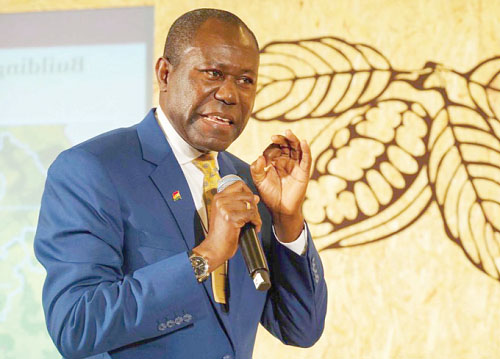

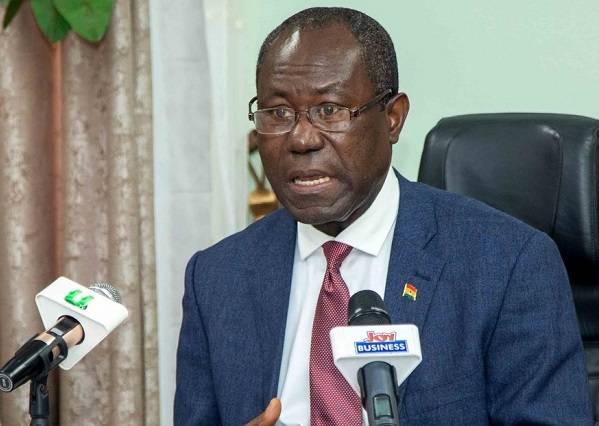
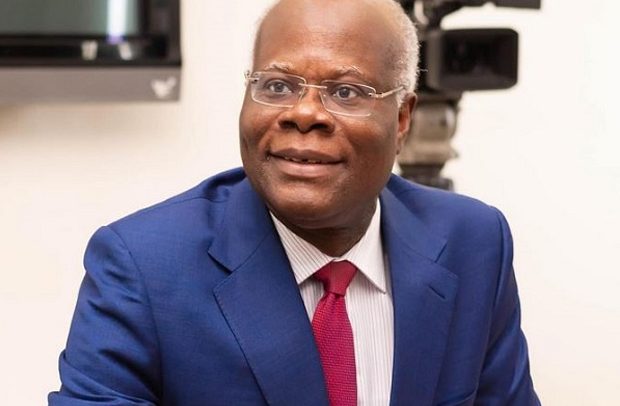
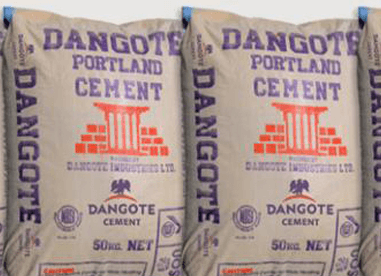
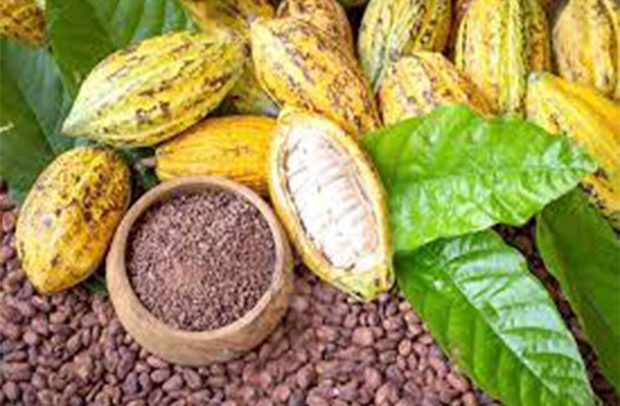

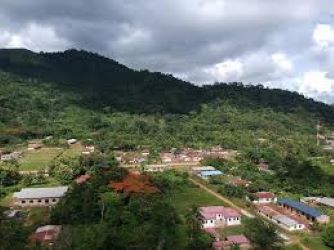

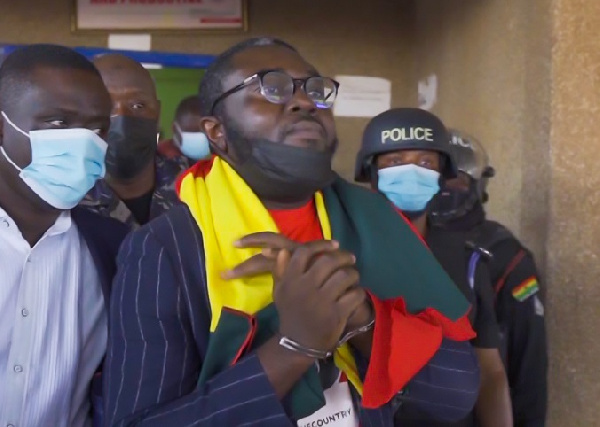








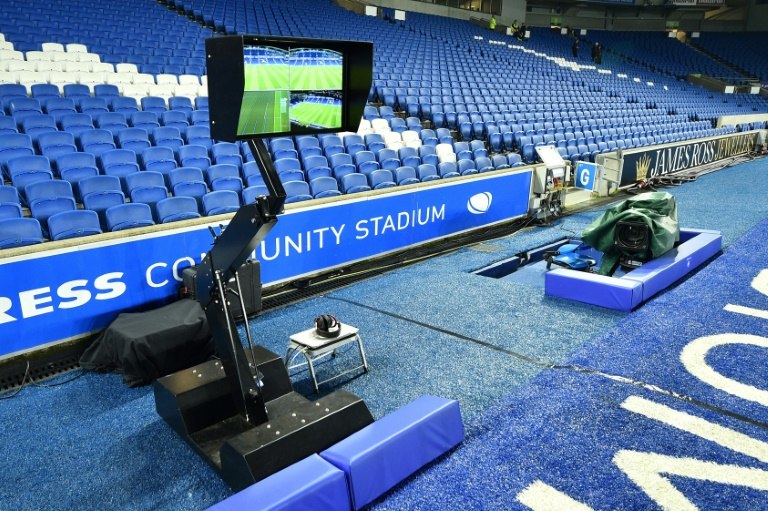

Facebook
Twitter
Pinterest
Instagram
Google+
YouTube
LinkedIn
RSS